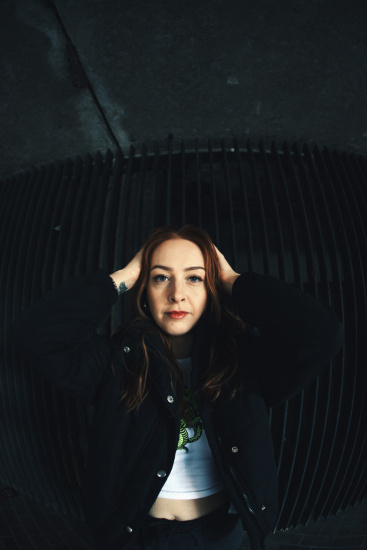
In Conversation With Kyrist
Known for her sharp production skills and her ability to craft tracks that balance intensity with deep groove, Kyrist has earned her place as a leading name in the D&B world. However, her latest project ‘Plexus EP’ on Overview, marks a significant moment in her career. A labor of love, it’s not just a collection of tracks but a reflection of her personal journey through self-care, and a redefined relationship with creativity.
After taking a brief hiatus from music to focus on her well-being, Kyrist returns with a fresh perspective, both sonically and personally. The project showcases a more refined and introspective side of her artistry, as she explores the balance between physical health, mental clarity, and the pursuit of musical excellence. As Kyrist looks toward the future, her story serves as a reminder that success in music doesn’t just come from pushing through every obstacle. It’s about taking the time to reconnect with oneself, recalibrate, and embrace the journey.
In this interview, we get a closer look at her approach to music-making, and her vision for the future—both for her label- Kynetic Sound, and for the wider world of bass music.
How are you?
I’m doing okay. I’ve taken a sort of break from writing music just because I’ve been going through some mental health stuff and looking after myself is more important to me than trying to push through and just write music that’s not up to my standards. I don’t want to sit there and write half-arsed tracks, so I thought I’m just gonna take time out and go out into the world. Go on walks, connect with nature and get back into fitness.
That’s really helped me mentally to just figure out life. Obviously, I’m a music producer and a DJ but it’s not all about that. For me, it doesn’t define who I am 100%. I’m trying to balance physical health, and then creativity at the same time. And I’m kind of getting there.
What have you been up to?
Recently writing the EP for Overview has been quite a labor of love. I started it in April and then took some time out. Lots of the tracks were on the back burner and I just wasn’t feeling them. And then when I got back to it I did too much to one of the tracks. Pete and Ollie were like Pete and Ollie were like, ‘What have you done? We want you to go back to what you’ve done before and just polish it up a little bit.’ So I just got too in the zone which isn’t a bad thing.
It’s slowly all coming together. Usually, these things would be done months before the release but they’ve made allowances for me which is really nice of them because they know what I’ve been going through. They’re just being really chill about it, which is really kind of them.
Other than that I’ve been spending time with my family and seeing lots of friends again. I’ve been reconnecting with friends in my hometown who I haven’t seen in quite a long time. I’m spending a lot of time with my best friend of 25 years so it’s good.
They’re the kind of friends that, you don’t see for a while but it’s like nothing’s ever changed.
It’s important to keep your non-industry friends close to you as well. They keep you grounded…
They know what I do and they see me online but I’m still Kirsty to them, I’m not anything huge. Some people come up to me and they’re like “Oh my God!” They get so overwhelmed, I’m just a regular human being, I’ll never get used to that. No matter the amount of success I have, I’ll still be the girl from Luton making music because I love it.
So that’s what I’ve been up to really, just spending a lot of time balancing everything and not getting too overwhelmed with writing music. Obviously, this has been a big project for me so I’ve been trying to be on it every day, setting myself a few goals, like doing two hours and then moving on to something else and just making sure I’m not getting too overwhelmed with one thing for too long. Otherwise, I just lose interest
When you first interviewed with us, you mentioned you got your first decks at 16 before you started buying D&B. Where did your love for D&B come from?
That came from older friends at school- my best friend was two years older than me. We’d go to her house and she had a computer in a conservatory, she was one of the only ones who had the internet and this was in the days before YouTube. One of our friends would go on this website, called Hard To Find Records and play little 30-second previews of DJ Hazard and TC tracks. I was like “This is sick! I love this! After that, I think YouTube came around then and then UKF introduced me to a lot of music as well.
When I was 12 I went to this DJ Academy in my hometown with my best friend where they taught us how to mix on vinyl. I then went back there when I was 19 that’s when they taught me how to produce, but it was 140 and dubstep at first. I wanted to make drum and bass because I loved it so much so a guy there just showed me the basics.
I went to college and there was a record shop there, when I was on my break, I’d always go in the record shop and just sift through all their drum and bass vinyl and built up this big collection. I spent all my money every lunchtime on just buying vinyl and then go home and mix. I connected with people all over the place, there were guys that I’d made friends with in London, I went to see them every now and again I’m not connected with them anymore but it was a big, important thing for me to branch out of my hometown
Let’s talk about your label and why you started off- how it’s going?
During lockdown, there was absolutely nothing to do so I needed to have some sort of income, there were no gigs and I thought what better way than to just make the music and just put it out on Bandcamp and get it on Spotify? It was just a way for me to still be creative and also keep things ticking over, keep my creative mind working. I already had a connection to Triple Vision in The Netherlands from working with Dispatch.
The label was originally called Kyrist Music but I didn’t really like the name so after a couple of releases I changed it to Kynetic Sound. It is linked to the way I think about music because I used to dance when I was younger. When I write a track I ask myself “How are people gonna move to this? It’s a bit of a weird way of thinking about it, but, I just think about movement and shapes and things like that.
I wanted to get some more artists on there. So far we’ve had Revaux, Bidl, Infrah, Clearance, Ed.it & Creatures and Minor Forms. So it’s still in its infancy, I’d say, this year, we’ve only had one release which was back in January but that’s because I didn’t really want to rush things. I don’t want to release music that’s not up to my standards. I’m just going to wait until the time is right. I’m not under any pressure from anyone apart from myself.
With Kynetic Sound I just want to release music I love. My favourite era of D&B is 2010 to 14 that period, when Critical Music, Shogun Audio and all those labels were at the pinnacle. That’s the kind of sound, I wanted to push out again. I don’t give a s*** if it’s not trendy or, it’s not Current.
I’m not really in any rush to be competing with anyone, I don’t want to be the next 1985 or Critical, I’m just happy having an output on my own imprint. If I’ve got a track that I think is really good but no other labels want it enough, I’ve created the space for that sound on my label. I don’t have to answer to anyone, I’m not on anyone else’s schedule.
it can happen quickly as well, I can write a track and then get the artwork done, get the master done, and then a month and a half later, it could be out. Rather than waiting for a label and then that could be six months because you’re in a queue of other artists.
Sounds good, releases come when tracks are ready. I think it means that there’s more quality control because nothing’s been rushed for the sake of a schedule…
I’ve been guilty of that in the past, to be honest. There are so many tracks of mine that I listen back to, and I wish I’d taken more time to refine that one sound or just learn a little bit more about this one thing. But it’s a learning curve, isn’t it?
I wanted to talk about women in D&B… When I first was introduced to you, I was working at DJ Mag and there were, hardly any female producers being pushed out there, I got an email making a big fuss about how you were a woman, I reviewed your track but refused to mention you were a woman, I felt like the amazing music should speak for itself. Knowing the importance of pushing females I may have done it differently these days.
I’ve always thought of you as one of the people who changed the curve for Women in D&B. Do you think times have changed since your first release?
Yeah, I’d say so. I released on Dispatch in 2017, things are definitely coming along. I don’t ever feel like I had any sort of resistance from anyone in being let into the scene. People were just coo face to face, real human interaction, but online it’s different. People are more surprised then rude, or they were back then at least. They’d write on YouTube comments “Oh my God, this is a girl. Wow!”. We can also make music, haha. Those kinds of comments always made me just think that the poster must be very narrow-minded to just think only men can succeed at this.
In terms of how far things have come, I think the biggest shift was definitely during Covid, and lockdown. All these women DJs sort of came out of the woodwork and I thought that was amazing. What better time to, just get yourself out there and just be like, “Hey, I’m a DJ as well. I want to do this and I’m serious about it.”
‘There are so many amazing women and non-binary producers in the scene and I’m more than happy to big them up and let them know I rate their music. We need to be building each other up and supporting our peers!’
Do you think there’s more acceptance?
It’s more commonplace now to see women online ups now. There’s still the odd promoter. That just doesn’t bother. I think it’s really s*** of them to not even branch out and look for new talent or think “What woman or non-binary person would fit on this line up?” It just requires a little bit of homework on the promoters part to find someone that will slot in. .
I guess that leads me on to Dynamics. I don’t really have a big part to play in Dynamics. It’s more Enada’s brainchild. I used to live with her and we went on holiday to Croatia, and we were sat on the beach and she was just talking about women in 140. And we didn’t really get very far. She was like “Something needs to be done about this, I’m gonna start a database.” She found out there was already something like that somewhere else in the world.
So she decided to build on the idea, create a website and then build artist profiles and have a bio and their soundcloud links on there and how to contact them. Then there could be no excuse for promoters- there’s this is a tool that you can use, so do with it what you will? You’ve got all these people, you can narrow it down, you can search by location, genre of music, you can really refine it to what you’re actually looking for.
People have had great bookings come off the back of it.
Respect for Enada’s and everyone’s work…
I wanted to talk about your production style- dark and techy and I always find crazy how it’s the kindest, smiliest, happiest artists who make the darkest music. How do you get into that mindset? Are you just sitting smiling away in the studio making these dirty beats?
I honestly don’t know where it comes from.I have no idea. This is going to be really hard to describe but, the way I think about music is I try to transport myself back to when I used to go out when I was younger to Cable. I think about the music that I was listening to, and how it made me feel, the vibe of the crow. And I try to recreate that- give my music that atmosphere and vibe. So people can really get in the zone and get in their heads when they listen to it.
I try to imagine it as a big sonic palette, all of these different textures. I describe music like art . When someone is creating a painting, they’ve got all the layers. They’ve got the stuff in the background, then they build up all the layers of the picture. The thing that they want you to take the most notice of will be at the front. That’s how I imagine putting music together.The drums will be at the front because they’re the driving force of the music but then you’ve got all these different other things that carry it through, all the atmospherics like the pads, they could be at the back because they’re quiet and then they’re really spacious. That’s the way I visualize it- to think about it like that more of a bigger picture rather than just focusing on one sound.
It also comes from just hearing cool sounds as well. Then an idea just snowballs. I’m mostly sample-based, I do spend time actually making basses as well, but I get more enjoyment out of recreating, something new out of something someone else has created before. So some people have a real issue about using samples, but drum and bass is sample-based. Same as hip-hop, it all comes from samples, being chopped up and rearranged.
That’s he way I like to do things and also it saves loads of time. If some people sit there and they have fun making kicks, and snares, and all that it’s great for them, but it’s not for me. I like to use other people’s sounds and build on them. I’ll often sit there and say “How can I make this or top this one bit of a bassline out?” Then I’ll twist it and put loads of effects and loads of weird stuff until it comes out as something completely new.
That’s a big part of my production, but that’s what makes every producer unique, because we’re not one person, even if we’re given all of the same samples the finished track is going to sound completely different.
What is your production process? Do you find the samples first and then kind of build on them or do your ideas come when you’re out walking or taking a shower?
Sometimes I have an idea. And sometimes, I haven’t done it in a while, but I used to get out the recorder app on my phone and sing a baseline into my phone. I thought it would sound cool but then when I listen to it back, it doesn’t make any sense.
So I have done that but generally it starts from hearing a pad or an effect or something, and then I’ll put some drums behind it. Just placeholder drums to get a feel of how it is with the beat. And then I’ll find a bassline that I’ve made before and try that in there. It’s just a case of trial and error, really. Trying lots of different sounds in the project and seeing which one sticks and which ones are good and which ones aren’t.
Sometimes they come together really quickly. Sometimes it can take a few days or a few weeks, but I do try and persevere with stuff. I’ll never abandon a project completely, I’ll come back to it because there’s potential there. If something doesn’t work I can take those sounds out and try them in a different project.
There’s never really any set formula for how I write music. It just depends on how I feel on the day, or what I’ve been up to or what I’ve heard. I don’t really listen to a lot of drum and bass in my spare time. I listen to 140, UKG, house, disco, soul and funk, loads of different stuff. And there could be a sound in a track which I think is really cool.I’ll try and find something like it or try and recreate it in my own way.
The only thing that I’m very nit-picky about is colours in the project. I have to colour code stuff, all the drums will be red, the kicks and snares will be red and then it’d be like hi-hats will be yellow and then the basses are always pink or purple. That is always the same and that’s never changed since I started making music. I’ve worked with people before and their project is all the same colour. How do they find anything? It just hurts my head looking at their projects.
Let’s talk about your Overview release…
I’ve been in talks with Pete and Oli for ages about doing a full release with them. The link up with Inside Info happened because I’ve known Paul for years, I went todo a studio day with him and we came up with some really cool ideas. That’s how the track ‘Trivium’ came about, I sent it to Pete and Ollie and they loved it, and there’s an Inside Info remix on there too, which I like a lot.
Then there’s the solo tracks. The first one I sent them was ‘Plexus’, I wrote that about two or three years ago, but they liked the vibe of it. I did too much work on and I just went too far. All I needed to do was just get rid of some s***.
But it ended up being the first one that they actually signed and we built the release around it. And then the other one ‘Mutation’, I wrote that really quickly. The other tracks were ready, and Peter asked “What else have you gone?” I’m like “S***. I don’t have anything really substantial to show you guys!” So I had this idea on my laptop which had potential so I just kind of built on it a little bit. I sent them out a two minute demo and Pete was like “Yes I love that!”. So I carried on with it.
That’s how it’s come about but I love working with the overview guys, they’re so lovely. And they’re really supportive as well. They do events all over the shop, so it’s awesome to be involved, and become a core artist, further down
the line because I do intend to do more releases with them.
What should we be talking about more in bass music?
I’d probably say mental health, and just looking after yourself. I feel like producers and DJs can get so caught up with making music and that being there is their “thing”, they kind of lose the sense that there’s more to life than this as well. And that’s something that I’ve developed over the years of this. Just getting older. I appreciate things that are outside, real world experiences and family and friends and try to not only be so focused on my goal, which is a career.
You shouldn’t forget where you’ve come from, what you’re actually about. You’ve got to look after your own sanity, and keep people around you that make you grounded- appreciate those people.
Drum and bass is for the clubs, so it’s easy to get caught up in drugs and alcohol, and things like that. So, taking time away from that is really important as well. I know so many people that have got addictions from being a DJ, people that can’t play out without doing drugs. And I just find that really sad.
That there’s more to life than music. Take some time out and have a breather. Don’t forget there’s a world outside. Go and see it.


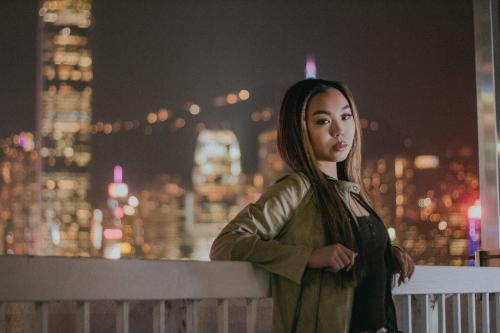
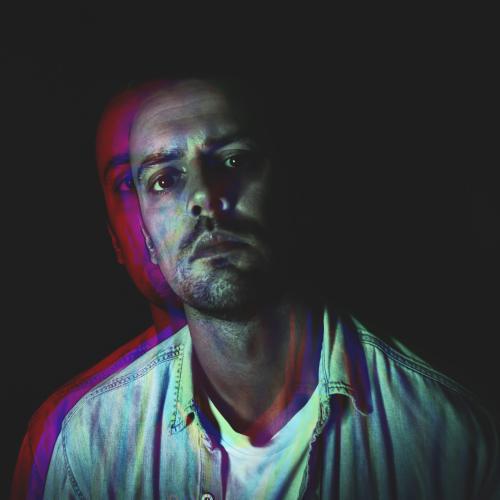
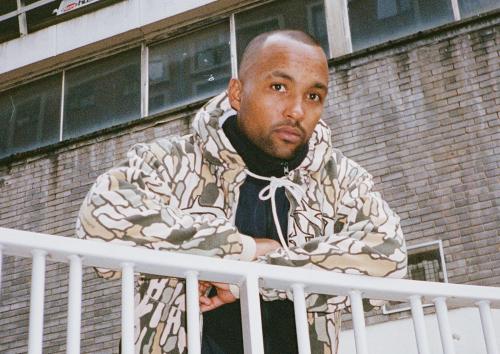




















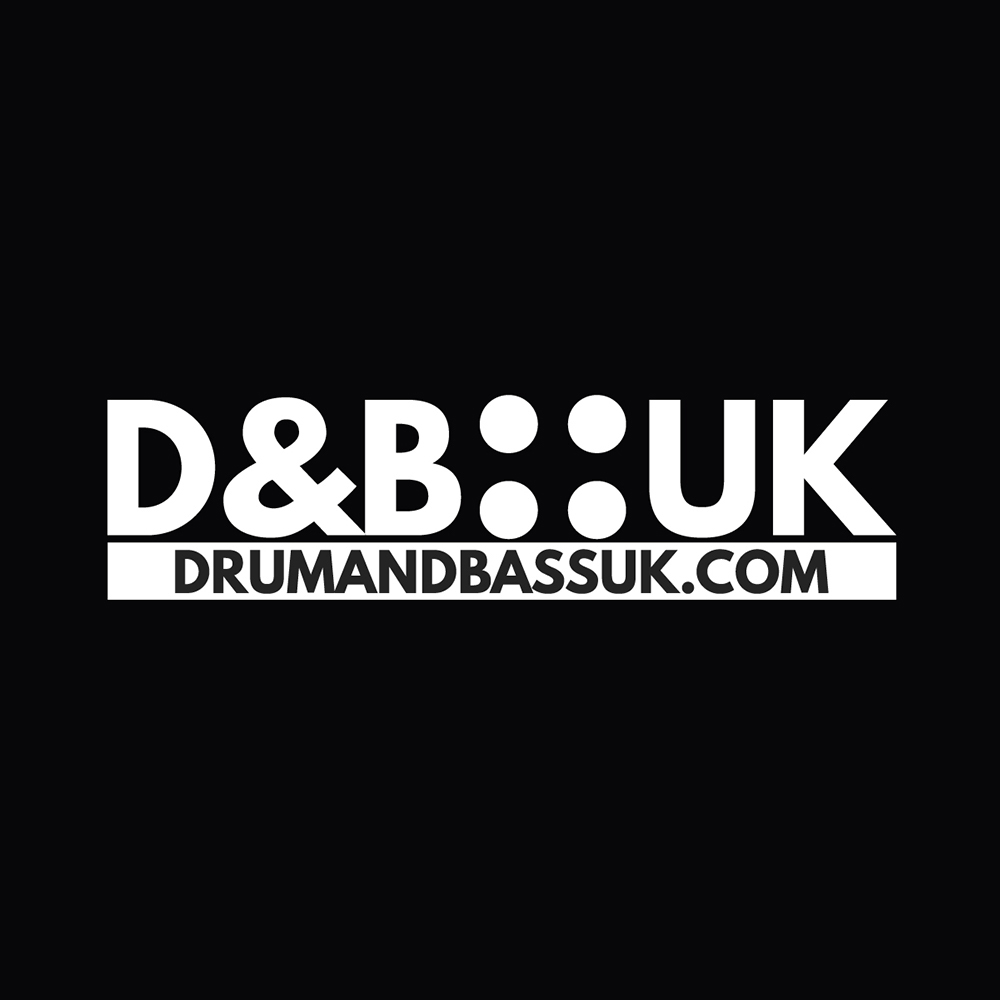
Comments
0